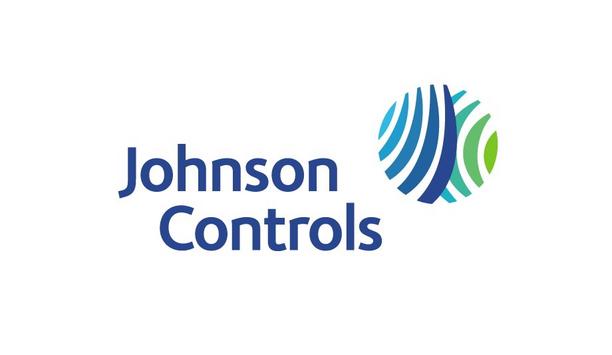In November 2021, world pioneers united at COP26, the United Nations Climate Change Conference, to tackle global warming. ScottishPower took this opportunity to champion a greener, healthier future with their partner Cancer Research UK. It was here that they announced their ambition to help shine a light on the role air pollution plays in cancer.
One year on, Cancer Research UK scientists have made a landmark discovery. They have shown, for the first time, how air pollution can cause lung cancer. With further investigation, this could lead to new treatments for people affected by cancer. Professor Charles Swanton, who led the research, said this “Actually rethinks our understanding of how tumors are initiated."
Tackle global warming
“We know that air pollution damages our planet and our wellbeing, and that research is vital.” Dr Emilia Lim, one of the study’s researchers, explained “99% of people in the world live in places where air pollution exceeds the World Health Organization’s guidelines, so it really impacts all of us.”
Cancer begins when cells get the wrong signals about when to divide and grow
Cancer begins when cells get the wrong signals about when to divide and grow. These signals are sent out after mistakes called mutations occur in genes, which are like the instruction manual for the cells. Most mutations happen due to random chance but factors like cigarette smoke and UV radiation from the sun can make these happen more frequently. However, questions remained about whether air pollution also causes new mutations, or whether it could be causing cancer in a different way.
Air pollution particle
Researchers at the Francis Crick Institute in London studied a type of air pollution particle called PM2.5 and found evidence that it could cause cancer in a different way. PM2.5 can set off a chemical alarm which causes inflammation. This inflammation ‘wakes up’ old, damaged lung cells with cancer-causing mutations that otherwise might not go on to develop into a cancer. It triggers them to grow uncontrollably, and cancer develops.
These new findings may help explain why some people who have never smoked get lung cancer. Smoking is the biggest cause of lung cancer, responsible for around 7 in 10 lung cancers in the UK. But 6,000 people who have never smoked die of lung cancer every year in the UK.
Treating lung cancer
Promisingly, the team identified a drug that can block the chemical alarm set off by PM2.5
It’s not enough to understand how air pollution causes lung cancer – we need to beat it. “The mechanism we’ve identified could ultimately help us to find better ways to prevent and treat lung cancer in people who’ve never smoked. If we can stop cells from growing in response to air pollution, we can reduce the risk of lung cancer,” explained Professor Swanton.
Promisingly, the team identified a drug that can block the chemical alarm set off by PM2.5. Using this drug in a trial, they were able to stop lung cancer from forming in mice exposed to air pollution. Much more work is needed but finding ways to disrupt this process could go a long way to reducing the risk of lung cancer in people who have never smoked.
Early detection strategies
ScottishPower is proud to support this crucial work. They’re covering the cost of a follow-up study called TOPICAL, which is digging deeper into the relationship between lung cancer and air pollution. The TOPICAL researchers aim to further explore how air pollution triggers lung cancer. Their insights could then help lay the groundwork for the development of early detection strategies in people with this cancer.
At ScottishPower, they are 100% committed to helping tackle climate change and they are delighted that their longstanding partnership with Cancer Research UK reflects the shared interest in a greener, healthier future.
















